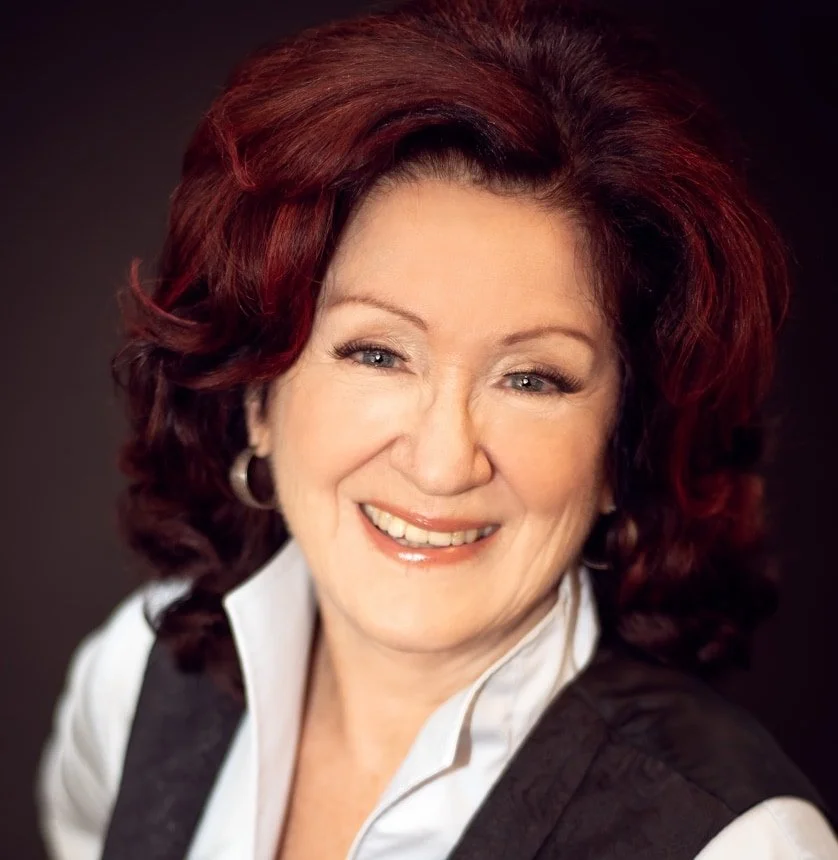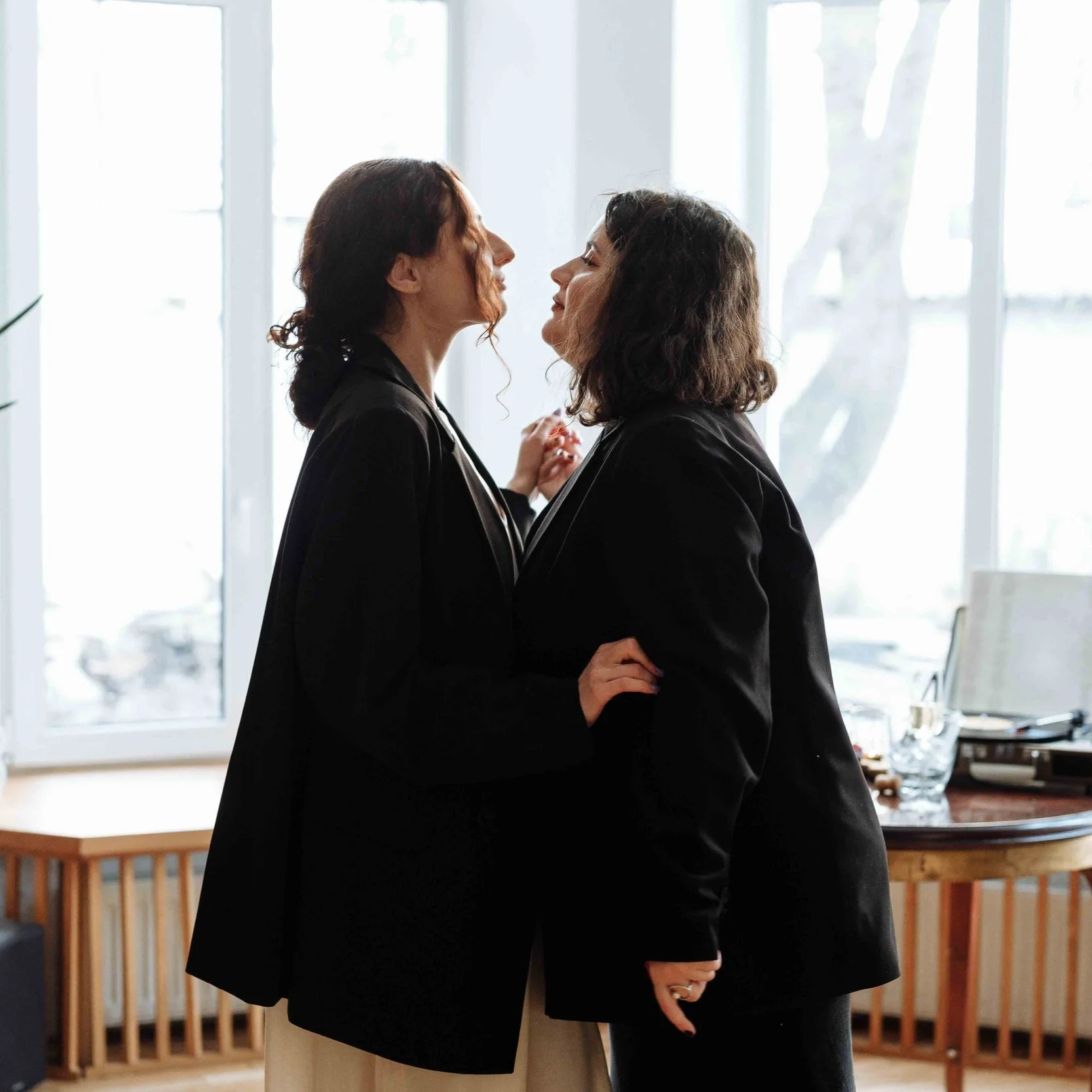About us
WHAT IS EMOTIONALLY FOCUSED THERAPY (EFT)?
Emotionally Focused Therapy (EFT) is a form of therapy that prioritises emotion in informing us about our deepest needs and values and privileges our special bonds with those who matter most to us.
EFT can be used with individuals, couples/relationships, and families and aims to help people to express, explore and understand their reactions, behaviours and thoughts; all with a view to helping them to connect with their deepest needs and with the people who matter to them. This then allows them to live more full, satisfying and connected lives.
Dr Sue Johnson
EFT for couples/relationships has been extensively researched over the last 25 years with outstanding outcomes. EFT is a structured approach to relationship therapy formulated in the early 80s by Dr Sue Johnson and Dr Les Greenberg. Since then, Sue Johnson has further developed the model, utilising attachment theory to further understand relationships and to guide therapists in helping them most effectively.
EFT is also used with families and individuals. A substantial body of research supporting the effectiveness of EFT for relationships now exists.
Research studies find that 70-75% of couples move from distress to recovery and approximately 90% show significant improvements in relationship satisfaction.
The major contraindications for EFT are on-going violence in the relationship or an ongoing affair. EFT is being used with many different kinds of couples/relationships in private practice, university training centres, hospital clinics, and community agencies. EFT therapists are from and work with a wide variety of communities, identities, and cultures.
These distressed relationships include partners suffering from disorders such as depression, post-traumatic stress disorders, and chronic illness.
What does EFT Couples/Relationship Therapy look like?
EFT is all about attachment.
It focuses on repetitive cycles of interaction that partners get caught in where they trigger each other’s attachment panic and react in rigid, protective ways. Each partner’s best attempts to get their emotional needs met unfortunately trigger the other to react defensively and serve to create distance and pain, rather than closeness and emotional safety. We call this a negative pattern or a “dance” because the steps are so well known and each partner affects the other intimately. Most intimately connected people know the steps of their pattern very well and often feel helpless to change the steps.
This is where EFT comes in.
Instead of simply working on communication skills that can sometimes feel like a “bandaid” to the situation, EFT aims to help relationship members to see their pattern and exit it by sending more clear messages about emotional needs in ways that do not trigger the defences and fears of their partner. EFT goes to the heart of the matter by uncovering the deeper needs and fears that often go unheard and by helping partners express these to one-another. This is how they create a new dance of connection, safety and security. EFT is deeply moving, satisfying, and meaningful. And the positive changes are maintained at three-month and two-year follow-up in research studies.
Strengths of Emotionally Focused Therapy for Couples & Relationships
EFT is based on clear, explicit conceptualisations of relationship distress and adult love. These conceptualisations are supported by empirical research on the nature of relationship distress and adult attachment.
EFT is collaborative and respectful of clients combining experiential Rogerian techniques with structural systemic interventions. Change strategies and interventions are specified.
Key moves and moments in the change process have been mapped into nine steps and three change events.
EFT has been validated by over 35 years of empirical research. There is also research on the change processes and predictors of success.
EFT has been applied to many different kinds of problems and populations.
EFT is non-blaming.
EFT is not affiliated with any particular religious beliefs.
EFT is relevant for any relationship where its members are wanting to improve their sense of connection; whether they are mixed gender, same gender, monogamous or non-monogamous.
Goals of Emotionally Focused Therapy for Couples & Relationships
To expand and re-organise key emotional responses – the music of the attachment dance.
To create a shift in partner’s interactional positions and initiate new cycles of interaction.
To foster the creation of a secure bond between partners.
Colorado Center for EFT
Dr. Robert Allan (he/him/his)
I have been helping couples/relationships, individuals, and families improve their most important relationships, health, and well-being for over 35 years now. This started in the mid-80s working in employment support programs, prisons, an acquired brain injury program, then twenty years doing community-based HIV work. The latter had me immersed in and regularly advocating for communities facing a myriad of social and health challenges. I know how important it is for all of us to be seen, heard, felt, and be able to live fulfilling lives sometimes in the face of enormous discrimination and marginalization.
I have been practicing psychotherapy since 2004 in a variety of settings including community mental health, hospitals, employee assistance programs, and private practice. In my private practice, I work with individuals, couples/relationships, and families dealing with issues such as anxiety, depression, infidelity, adjustment to life transitions, sex therapy, trauma, sorting non/monogamy, couples/relationships struggling for connection as well as others.
My interest and engagement with EFT now extends to my research work as an Associate Professor of Couple and Family Therapy at the University of Colorado Denver. I am the co-Principal Investigator of the first ever clinical trial of Emotionally Focused Individual Therapy taking place across three cities in Canada and The U.S. I have researched and written about the cultural adaptations of EFT as well as EFT work with gay and lesbian relationships.
I am an ICEEFT certified trainer, supervisor, and therapist who has helped train and supervise therapists and students in Emotionally Focused Therapy across Canada, the US, and the U.K. Participants describe me as a warm, knowledgeable, and engaged trainer with a passion for helping people learn EFT
CREDENTIALS
International Center for Excellence in Emotionally Focused Therapy Certified Therapist, Supervisor, & Trainer
PhD, Dalhousie University, Canada
MA, Counselling, Acadia University, Canada
Licensed Marriage & Family Therapist, Colorado
Licensed Professional Counselor, Colorado
AAMFT Approved Supervisor





